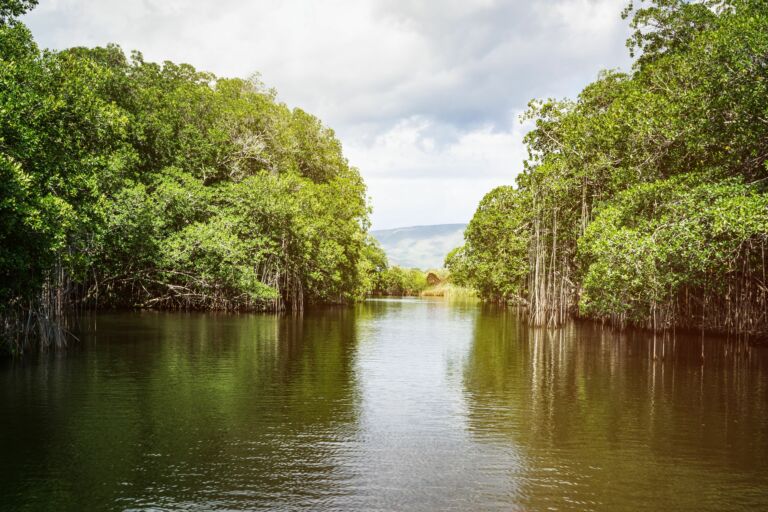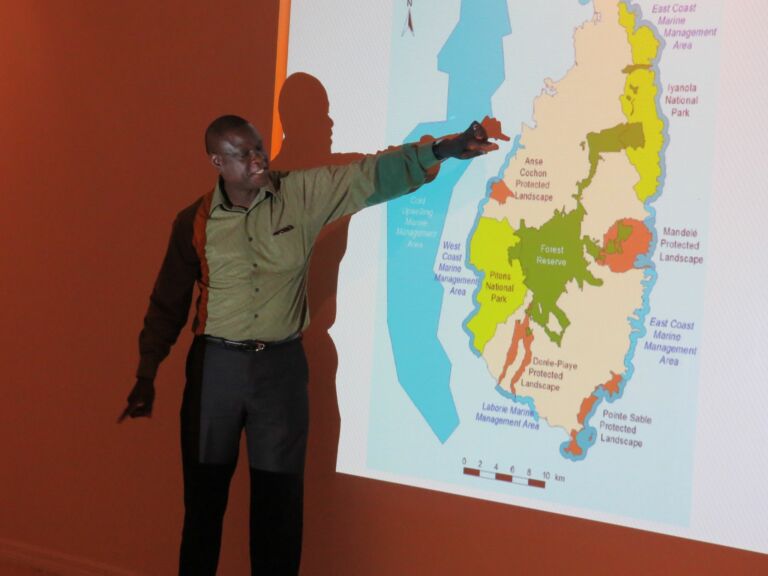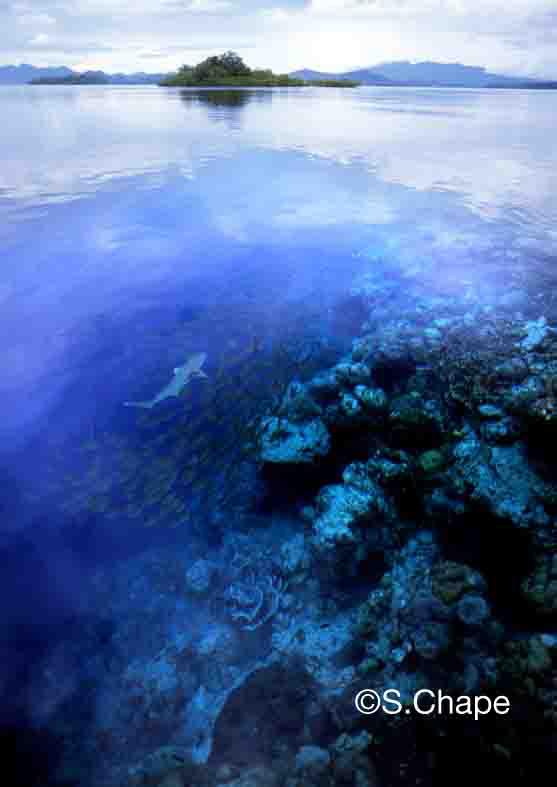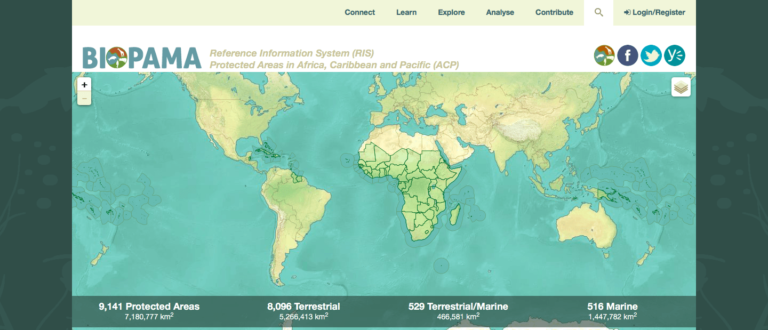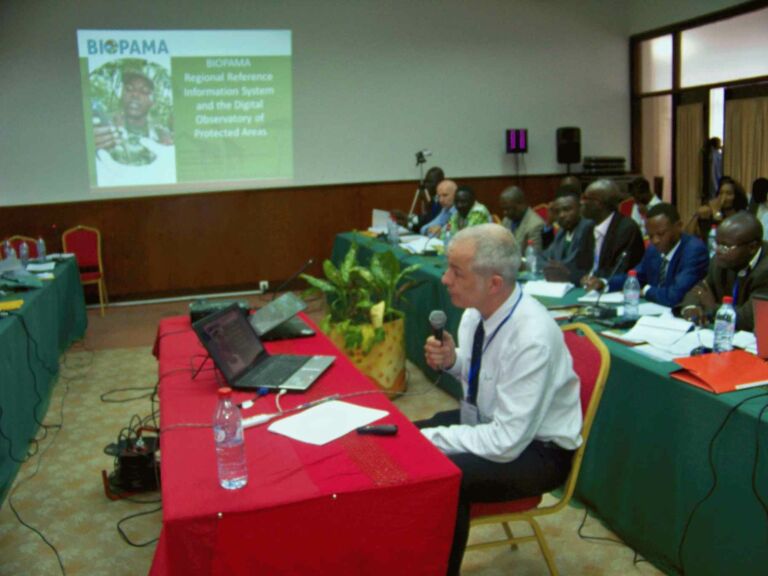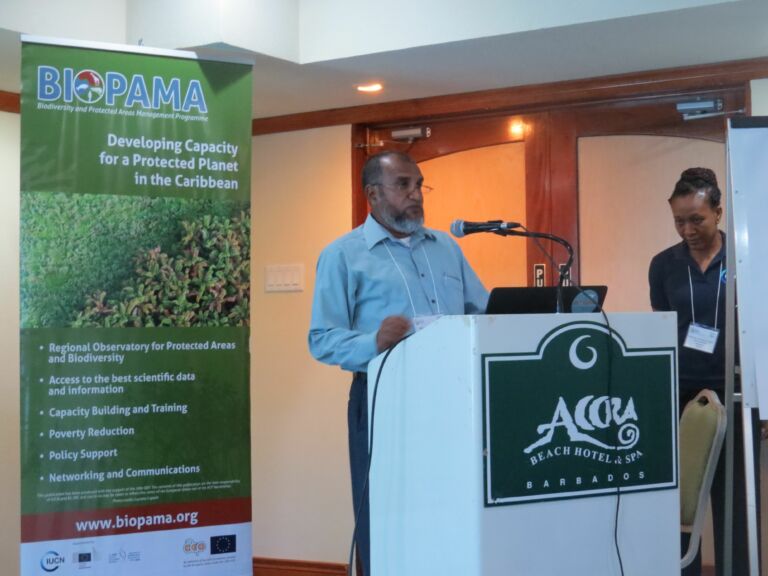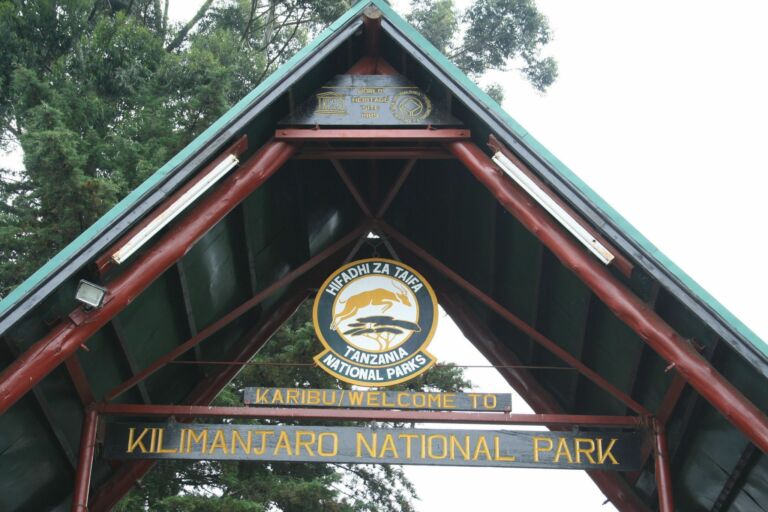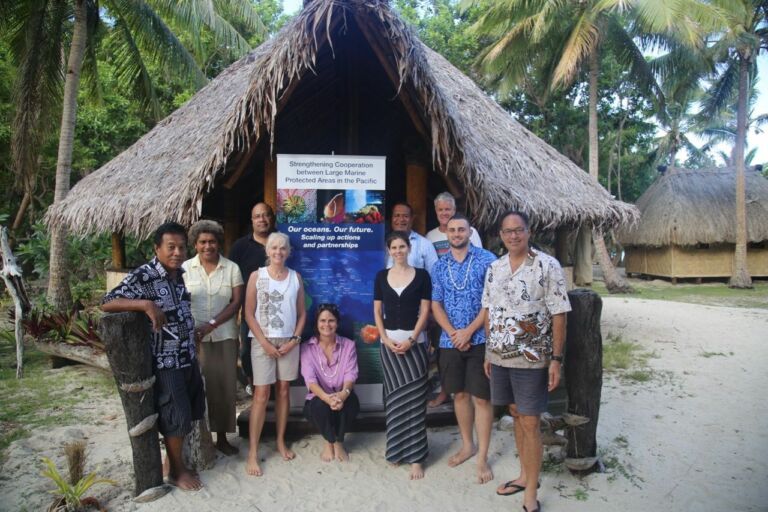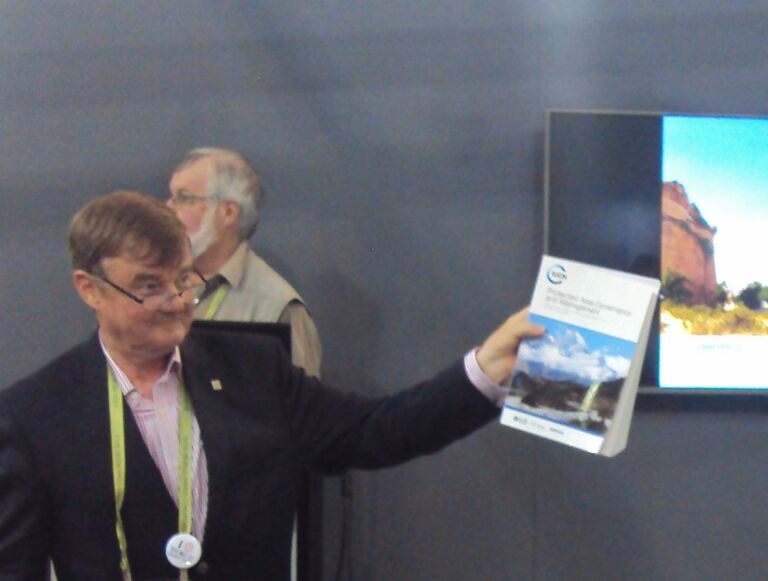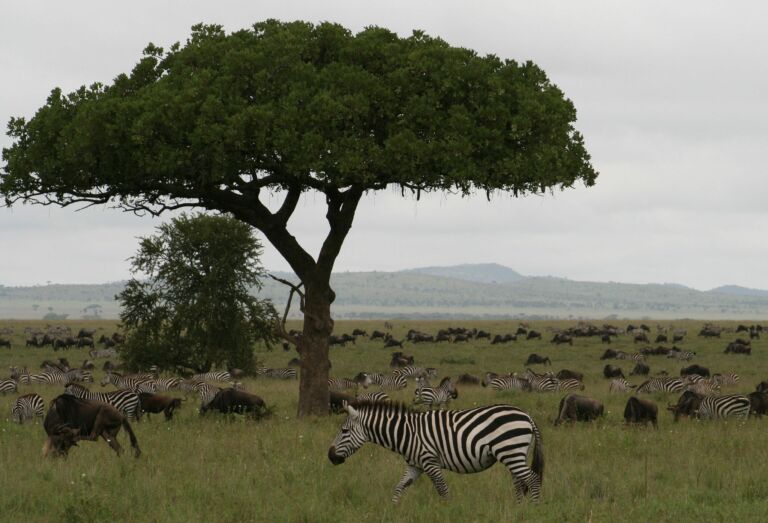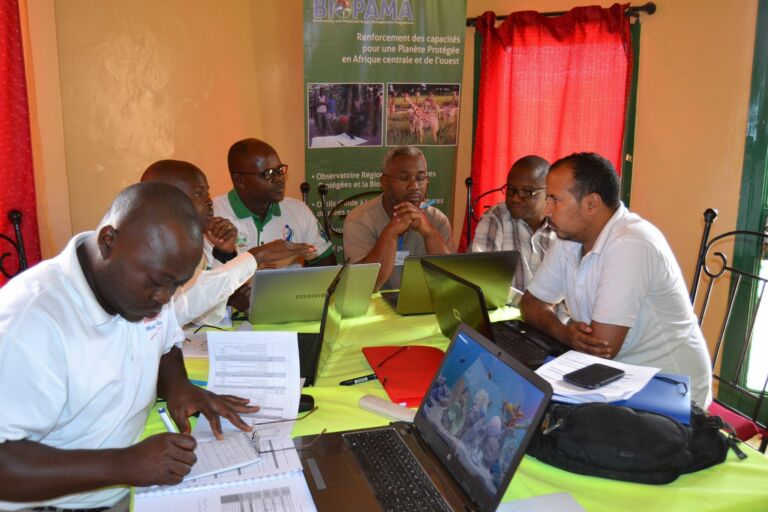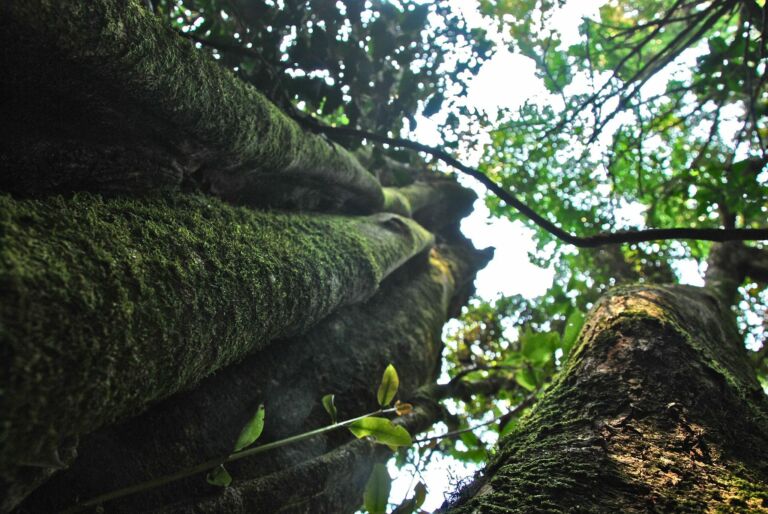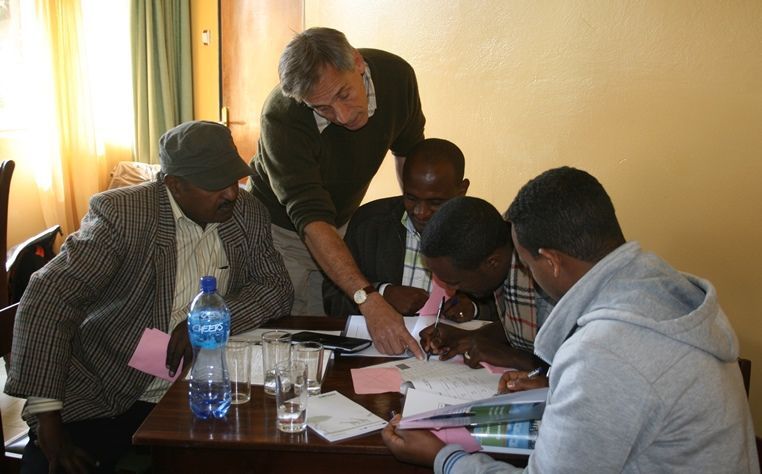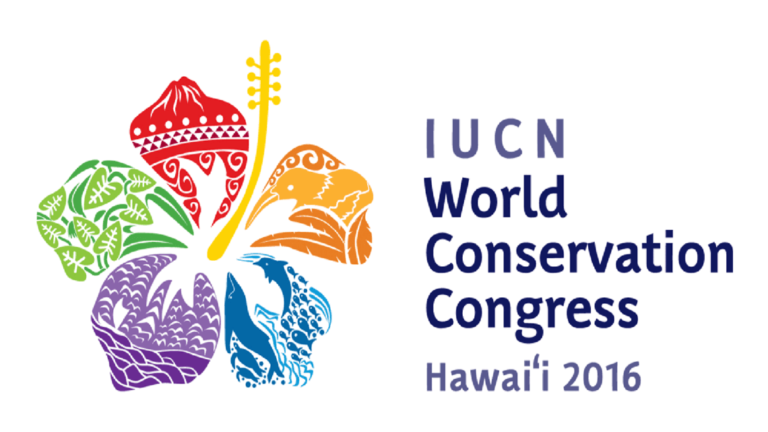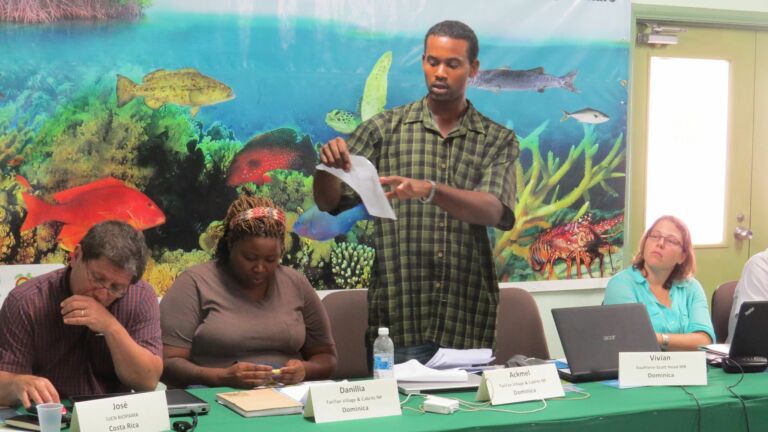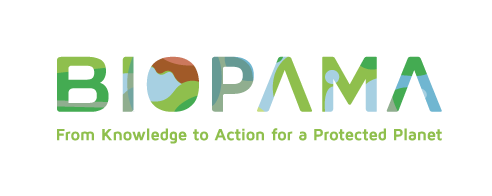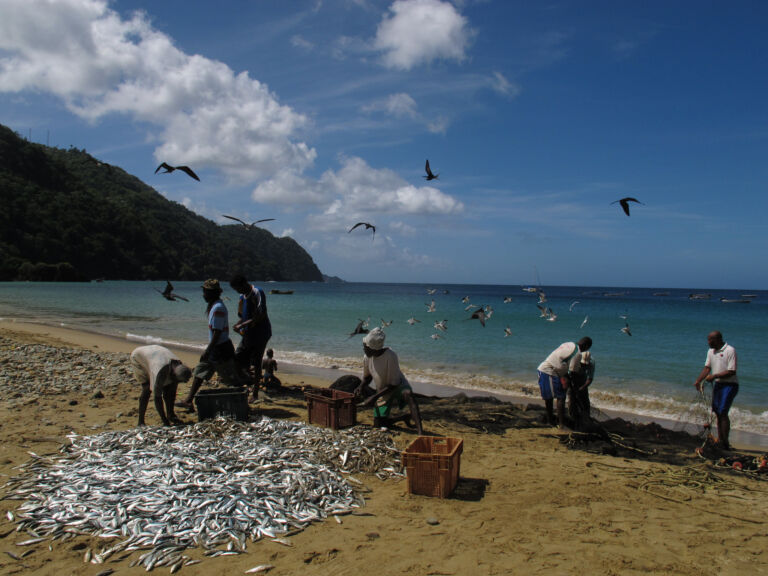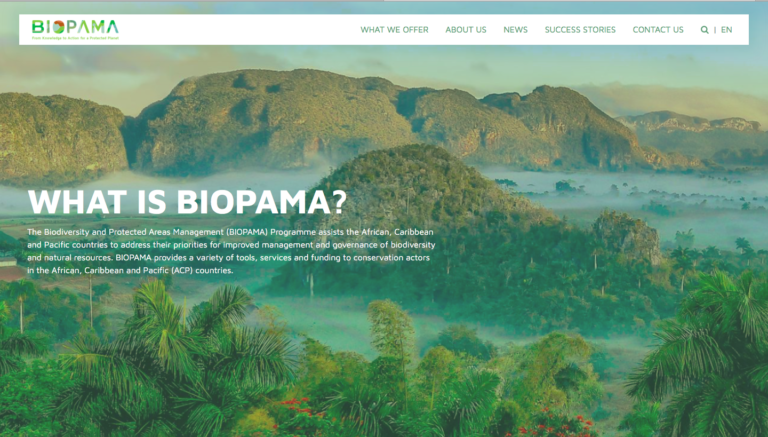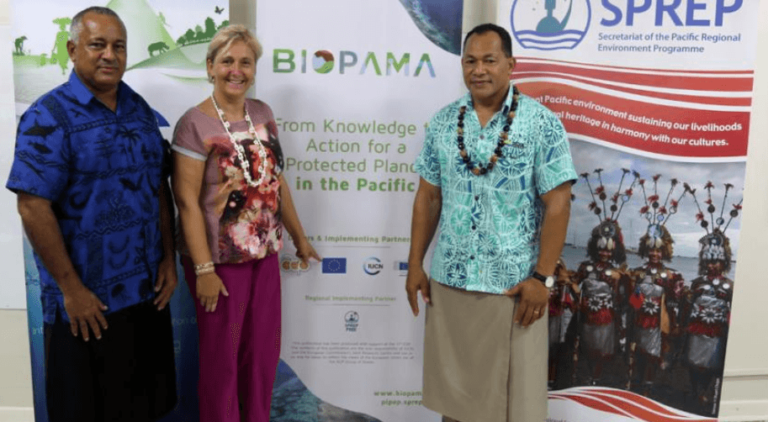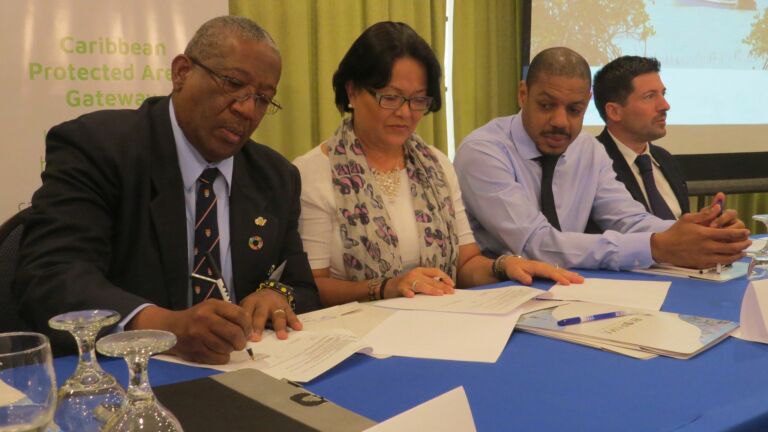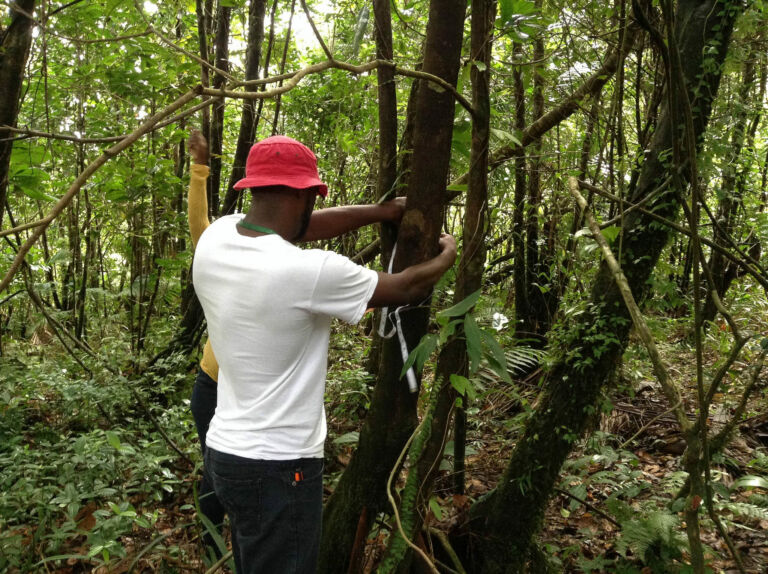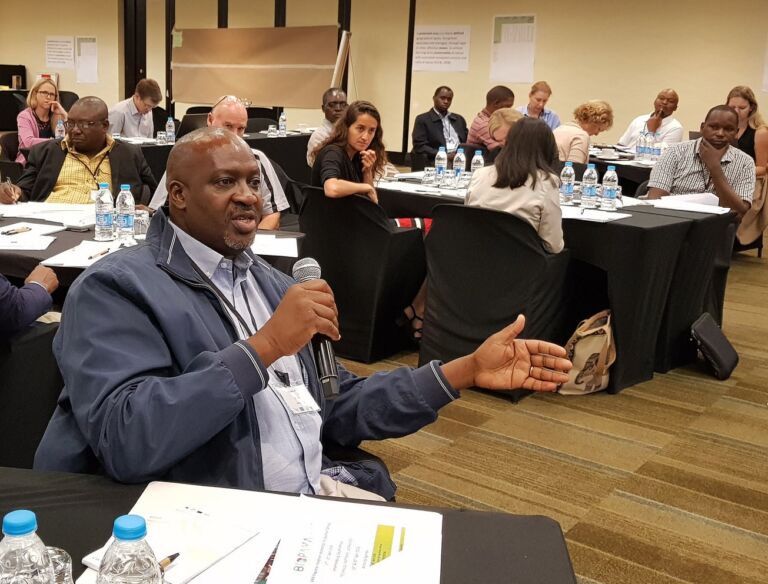About the BIOPAMA Programme
The European Union (EU) and the African, Caribbean and Pacific (ACP) Group of States have invested €60 million through the 11th European Development Fund in the Biodiversity and Protected Areas Management (BIOPAMA) Programme over six years – making it one of the largest EU biodiversity programmes. This represents a second phase of the programme, building on the achievements of the initial phase and bringing novelty elements to it.
Profile
The BIOPAMA partnership combines the protected areas and the biodiversity conservation expertise of IUCN with the scientific know how of the Joint Research Centre of the European Commission (JRC). Within IUCN as a Union, BIOPAMA brings together the Secretariat and four regional offices, the expertise of the IUCN WCPA – Capacity Development group, and many IUCN members, States and non-governmental, as beneficiaries. Regional organizations in Africa, the Caribbean and the Pacific also participate in the implementation of the programme, especially through the collaboration for the Observatories for protected areas and biodiversity.
The benefits:
The direct beneficiaries of the BIOPAMA programme are the protected area actors at the regional, national and local levels, whose efforts will continue to be supported by the provision of tools, services, capacity development and the possibility to finance actions at the site level.
The regions:
BIOPAMA intervenes in three regions: 79 countries hosting 9,000 protected areas, encompassing a massive diversity of ecological, social, economic and cultural landscapes. The regions represent some of the most challenging places on Earth and host a huge share of our planet’s biodiversity. While the programme’s objectives are the same across all the regions, BIOPAMA can only succeed by tailoring them to respond to specific needs and complement countries’ efforts filling the gaps where they exist.
Download PresentationOur History
-
2011 – 2012
The first phase of the BIOPAMA programme is approved by the EU- ACP partnership and launched by the Joint Research Centre of the European Commission and IUCN, the International Union for Conservation of Nature.
-
January – December 2014
The Bahamas protected area agencies reviewed the application of IUCN Management Categories to the Bahamas System of protected areas with BIOPAMA technical assistance in a series of 3 workshops in 2014.
-
September 2014
The BIOPAMA observatory for the Pacific is formally established and hosted by SPREP, the Secretariat of the Pacific Regional Environment Programme.
-
September 2014
The first version of the Reference Information System goes live: rris.biopama.org. This is an open source, free tool for protected area data management.
-
October 2014
The BIOPAMA Observatory for Central Africa is launched and hosted by COMIFAC OFAC.
-
November 2014
The Caribbean Observatory is formally established and hosted by UWI- CERMES, the University of the West Indies, Centre for Resources Management and Environmental Studies, Barbados.
-
November 2014
BIOPAMA makes major contributions at the IUCN World Parks Congress 2014, Sydney, Australia.
-
January 2015
The World Database on Protected Areas (WDPA) was updated with a comprehensive set of information on the African, Caribbean and Pacific countries’ protected areas, with the major contribution of the BIOPAMA programme.
-
March – April 2015
BIOPAMA supported the relaunch of two major Pacific initiatives: the Pacific Islands protected areas working group, in close collaboration with SPREP, and the Pacific Islands Community Co-adaptive Management Course (PICCC), an annual three-module course proven to be an effective capacity development initiative for Pacific Island conservation practitioners.
-
April 2015
The most comprehensive resource published so far on capacity development has been launched. BIOPAMA is one of the partners who made the book “Protected Areas Governance and Management” possible, contributing to the professional development of protected area professionals. With its 28 chapters addressing a large variety of topics linked to protected areas governance and management, the book is addressed to students, policy makers, practitioners and any interested readers.
For more information click here
-
May 2015
The agreement with the East African Community (EAC) Secretariat for hosting the observatory for this region has been implemented. Shortly after, a meeting with the representatives of the EAC countries and other stakeholders was organized to present them the BIOPAMA resources and tools for improving protected areas management.
-
July 2015
A network of 27 coaches from 12 West and Central African countries was established. They qualified to serve as coaches of the BIOPAMA observatory for Central Africa after completing the training on COMIT (Coach Observatory Mission Information Toolkit COMIT).
For more information click here
-
September 2015
Two years after the launch of www.biopama.org, the website hits 20,000 viewers.
-
October 2015
The BIOPAMA capacity development approaches in Southern Africa are adopted by other initiatives: Southern African Wildlife College hosts first paid-for negotiation training in the region, based on BIOPAMA training and materials developed with the Sustainability Challenge Foundation (SCF).
-
March 2016
“The Pacific Islands Region Strategy and Action Plan for Capacity Development in Protected and Other Conserved Areas 2015-2020” is tailored to specifically address the distinctive issues, needs and opportunities that occur in the Pacific region. It was developed in the framework of the Pacific Islands Roundtable – Protected Areas Working Group and it was set to guide the Pacific capacity development actions in the next 5 years.
For more information click here
-
September 2016
The IUCN World Conservation Congress 2016 profiled BIOPAMA to an audience of 10,000 world environmental leaders and practitioners through 30 events, 4 pavilions, with the support of 11 communications materials and 13 staff and with results in online interactions of more than 20,000.
-
February 2017
By the end of the first phase, BIOPAMA has held 120 capacity development events involving more than 2000 protected area professionals from the related sectors, from national administrations to local communities, academia and private sector.
-
October 2017
As BIOPAMA resumes with a second phase, under the 11th European Development Fund, the programme adopts a revisited visual identity.
-
November 2017
An international BIOPAMA relaunch highlights the European Union’s (EU) and the African, Caribbean and Pacific (ACP) Group of States’ €60 million investment in this programme over the next six years – making it one of the largest EU biodiversity programmes. Read more (https://biopama.org/node/203)
-
January 2018
The revisited website of the BIOPAMA programme is launched. The website developed during the first phase of the programme is still accessible at old.biopama.org
-
February 2018
IUCN Oceania Regional Office and the Secretariat of the Pacific Regional Environment Programme (SPREP) have renewed their partnership in the framework of the BIOPAMA programme to assist Pacific Island Countries to improve protected area information and management for better decisions. This agreement represents a continuation of the collaboration initiated in the first phase of BIOPAMA and which launched the Pacific Islands Protected Areas Portal (PIPAP). Read more (https://biopama.org/node/238)
-
March 2018
The IUCN Regional Office for Mexico, Central America and the Caribbean and the University of the West Indies (UWI) have renewed a five-year collaboration supporting Caribbean countries to best manage and utilise their natural resources resources. In the first phase of the BIOPAMA programme, this collaboration launched the Caribbean Protected Areas Gateway, providing tools and services for improved protected area management and decisions in the 15 Caribbean-ACP countries. Read more (https://biopama.org/node/240)
-
April 2018
Committed to boost the capacity of protected area actors, BIOPAMA supported for the second time the Training of Trainers Course on Marine Protected Area Management organized by the Caribbean Marine Protected Area Network and Forum (CaMPAM). Held in Barbados from 16 to 26 April 2018, this training provided capacity development to twenty participants from thirteen Caribbean countries. Read more (https://biopama.org/node/241)
-
April 2018
The BIOPAMA programme is relaunch in Southern Africa. 70 stakeholders representing governments, intergovernmental organizations and non-governmental organizations convened in Johannesburg to set the priorities for the programme’s implementation in this sub-region. Read more (https://biopama.org/node/243)
Our Donors
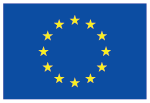
The European Union
The European Union (EU) is made up of 28 Member States who have decided to gradually link together their know-how, resources and destinies. Together, during a period of enlargement of 50 years, they have built a zone of stability, democracy and sustainable development whilst maintaining cultural diversity, tolerance and individual freedoms. The European Union is committed to sharing its achievements and its values with countries and peoples beyond its borders. The European Development Fund (EDF) is the EU’s main instrument for providing development aid to African, Caribbean and Pacific (ACP) countries and to overseas countries and territories (OCTs). The EDF is established within the framework of an international agreement between the EU and its partner countries. The ACP-EU Partnership Agreement – also known as the ‘Cotonou Agreement’ – was concluded in 2000 and is revised every five years.
http://www.europa.eu/
Organisation of African, Caribbean and Pacific States
The African, Caribbean and Pacific Group of States is the largest trans-national intergovernmental organisation of developing countries in the international system, with 79 member countries from Africa, the Caribbean and the Pacific. Today, the main goal of the Group is to drive South-South solidarity and North-South cooperation for the sustainable development of ACP countries and their successful integration into the world economy. Originally brought together as a result of the Association Clause in the Rome Treaty of 1957, that established the European Common Market, the Georgetown Agreement of 1975 formally established the ACP Group as an intergovernmental association. The group has its own structure and a Secretariat based in Brussels that coordinates its activities and provides a rallying point for its meetings and development agendas.
https://www.acp.int/Implementing Partners

The International Union for Conservation of Nature
IUCN is a membership Union uniquely composed of both government and civil society organisations. It provides public, private and non-governmental organisations with the knowledge and tools that enable human progress, economic development and nature conservation to take place together. Created in 1948, IUCN is now the world’s largest and most diverse environmental network, harnessing the knowledge, resources and reach of more than 1,300 Member organisations and some 10,000 experts. It is a leading provider of conservation data, assessments and analysis. Its broad membership enables IUCN to fill the role of incubator and trusted repository of best practices, tools and international standards. IUCN provides a neutral space in which diverse stakeholders including governments, NGOs, scientists, businesses, local communities, indigenous peoples organisations and others can work together to forge and implement solutions to environmental challenges and achieve sustainable development. IUCN’s Global Protected Areas Programme, four regional offices, two commissions, as well as IUCN members and other experts, take part in implementing and benefit from the BIOPAMA programme.
http://www.iucn.org/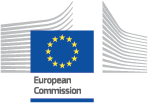
The Joint Research Centre of the European Commission (JRC)
The Joint Research Centre (JRC), the in-house science service of the European Commission, provides EU policies with independent, evidence-based scientific and technical support, including policies and programmes at global level and specifically those focusing on the African, Caribbean and Pacific Group of States (ACP). In the BIOPAMA programme, JRC leads the design and development of the “Regional Reference Information Systems” (RRIS) for biodiversity and protected areas management that are being deployed in the regional observatories in the African, Caribbean, and Pacific regions.
http://www.ec.europa.eu/jrcThe Biopama Team
The BIOPAMA Reference Information System is brought to you by a dedicated group of people distributed across the globe. The core development is done by the Joint Research Centre of the European Commission, based in Italy.
Across the Africa, Caribbean, Pacific (ACP) region, IUCN have regional programme officers and technical officers for the regional observatories, and we work with numerous partners.

Absa Fall
Administrative and Financial Officer, BIOPAMA
IUCN

Simona Lippi
Reference Information System Content and Outreach
JRC

Rossana Cervini
JRC Resource Administrator
JRC

Panagiotis Politopoulos
PAME Developer
JRC

Michele Conti
Western Africa Focal Point
JRC

Luca Battistella
Spatial Data Scientist and Pacific Focal Point
JRC

James Davy
Application Architect and Lead developer
JRC

Andrea Marelli
IMET Developer
JRC

Andrea Capata
Full-stack web and GIS developer
JRC
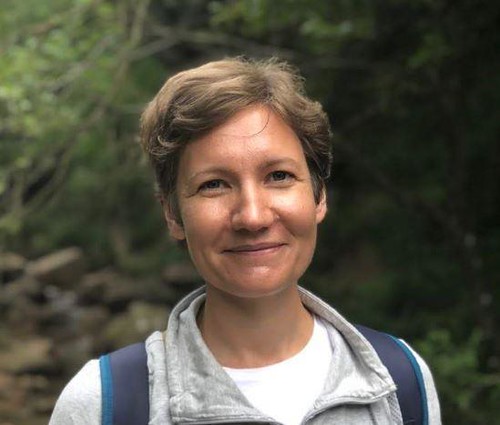
Terhi Takala
Project Assistant
JRC

Stephen Peedell
BIOPAMA Coordinator
JRC
Marine Deguignet
BIOPAMA Project Officer
IUCN
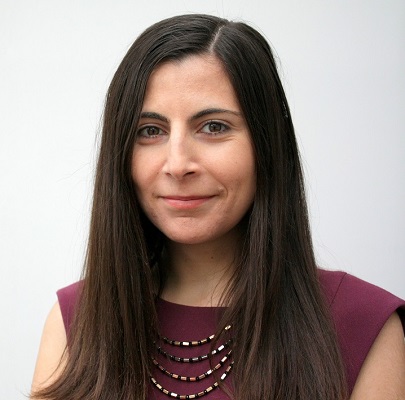
Roxana Bucioaca
Senior Manager, Programme and Communications
IUCN
Trevor Sandwith
BIOPAMA Global Coordinator
IUCN
Vainuupo Jungblut
Technical Officer, PIPAP
SPREP

Mariagrazia Graziano
Caribbean Focal Point
JRC
José Courrau
Senior Advisor
IUCN
Julian Walcott
Technical Officer, Caribbean Protected Areas Gateway
UWI CERMES
Justin Springer
BIOPAMA Technical Assistant
IUCN

Hyacinth Armstrong-Vaughn
BIOPAMA Regional Coordinator
IUCN
Florence Palla
Central Africa
OFAC
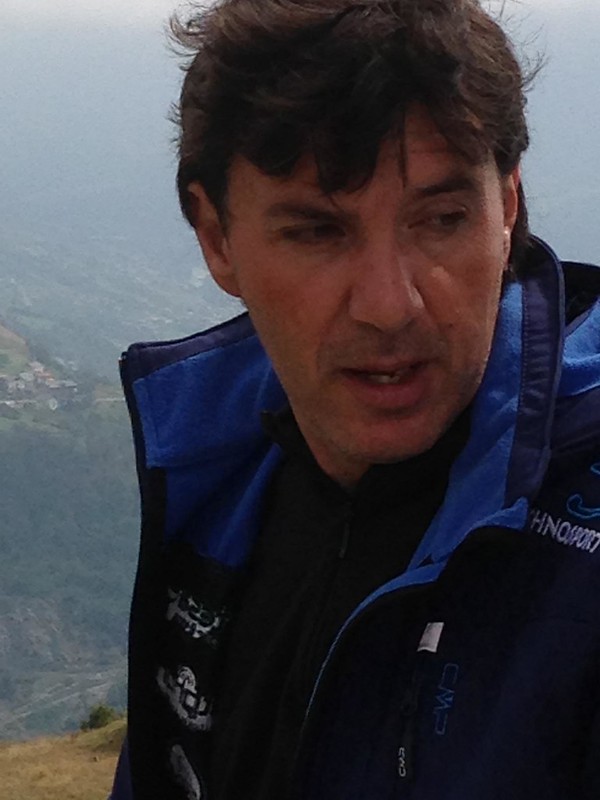
Paolo Roggeri
Africa Focal Point
JRC

Melanie Weynants
Western Africa Focal Point
JRC
Taibou Ba
Western Africa Regional Observatory
CSE Consortium
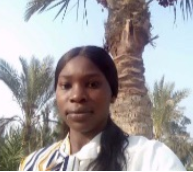
Mbène Diakahte
Technical Assistant
IUCN

Tanya Merceron
BIOPAMA Regional Coordinator
IUCN
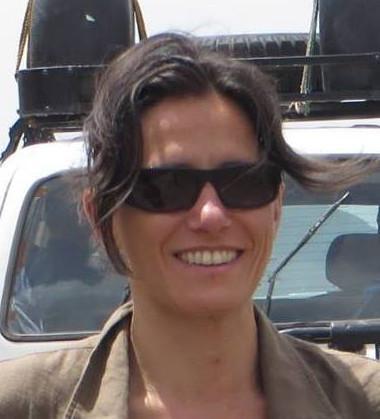
Claudia Capitani
Eastern Africa Focal Point
JRC

Christine Mentzel
BIOPAMA Regional Coordinator
IUCN
Beryl Nyamgeroh
Technical Officer, Regional Resource Hub
IUCN

Jean Paul Ntungane
BIOPAMA Action Component Officer
IUCN

Ngugi Kimani
Regional Resource Hub Focal Point
RCMRD
The Moments and People of the Biopama Project
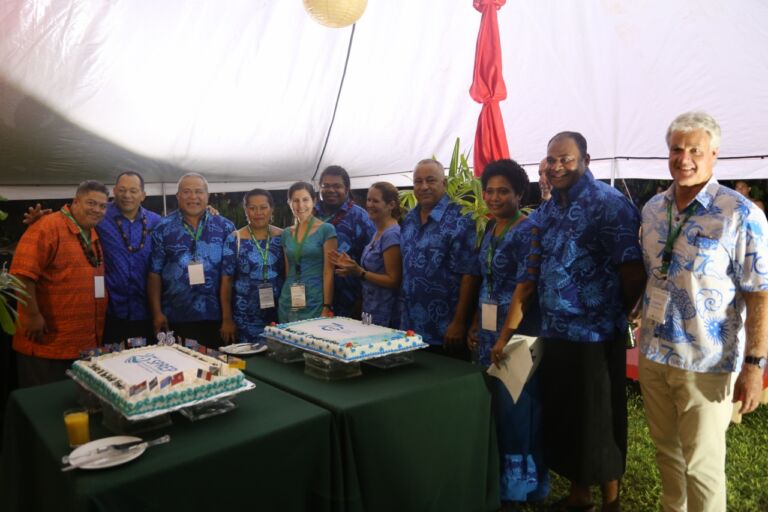
IUCN and SPREP at the launch of BIOPAMA's second phase, Apia Samoa, June 2018 Credit: BIOPAMA Photos
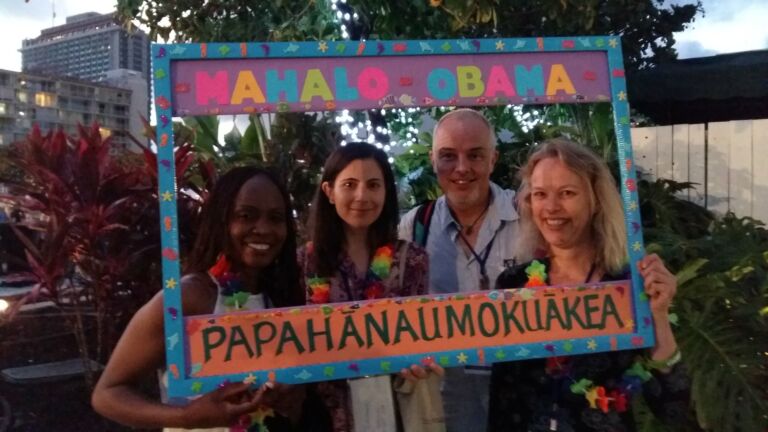
Mahalo Obama! at the IUCN World Conservation Congress 2916, Hawai'i USA

BIOPAMA social event at the IUCN World Conservation Congress 2016, Hawai'i USA
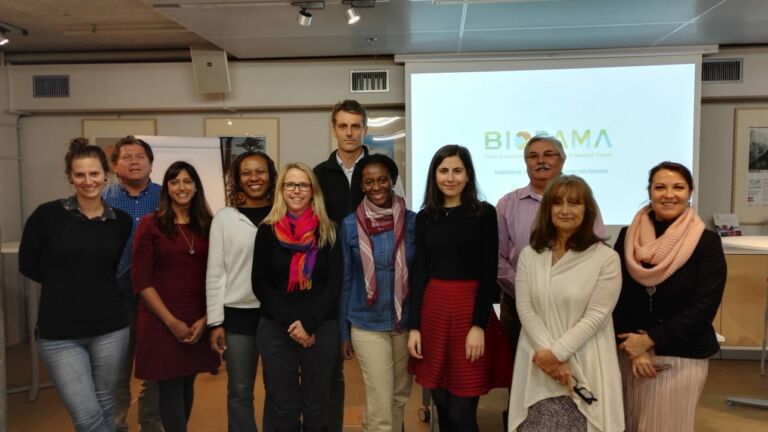
A part of the BIOPAMA team at IUCN during an internal coordination meeting, December 2018
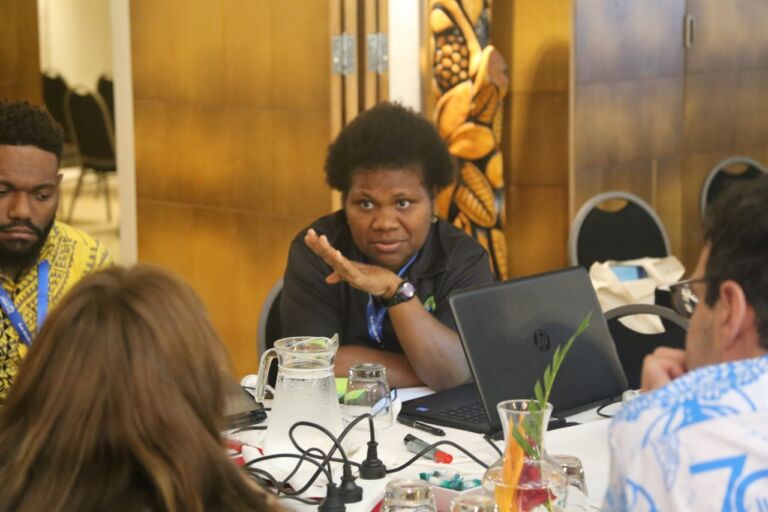
Discussions during the BIOPAMA inception workshop for the Pacific, Apia Samoa, June 2018
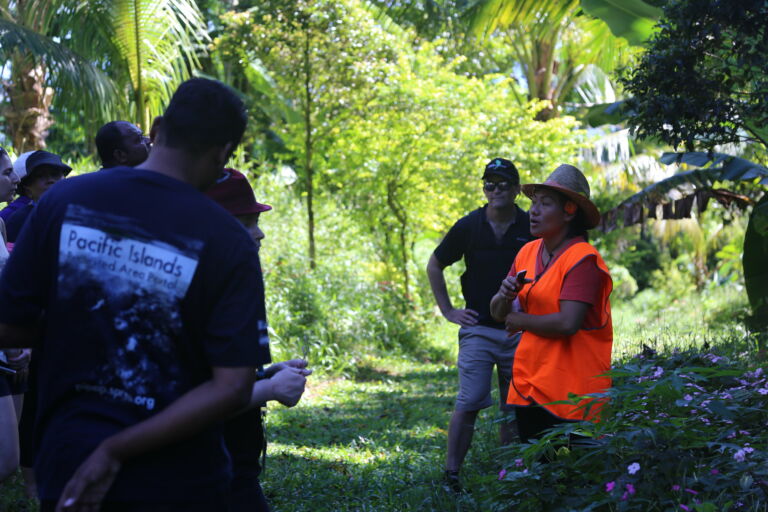
Field visit to a privately protected area, Upolu Island, Samoa, June 2018
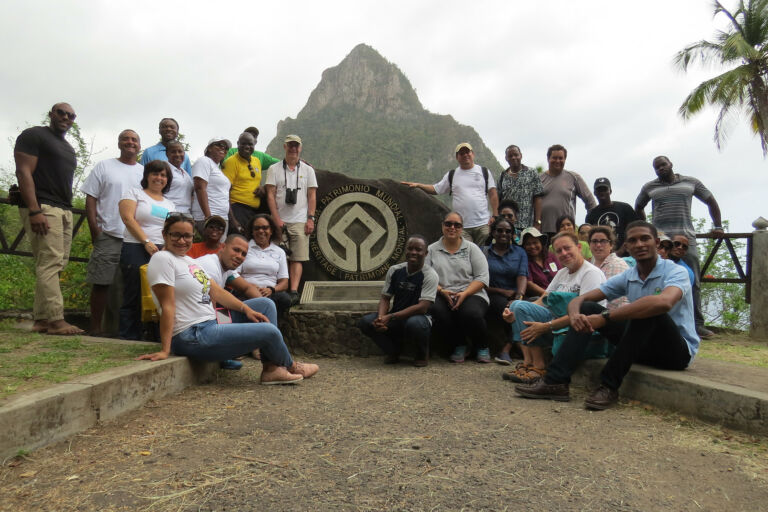
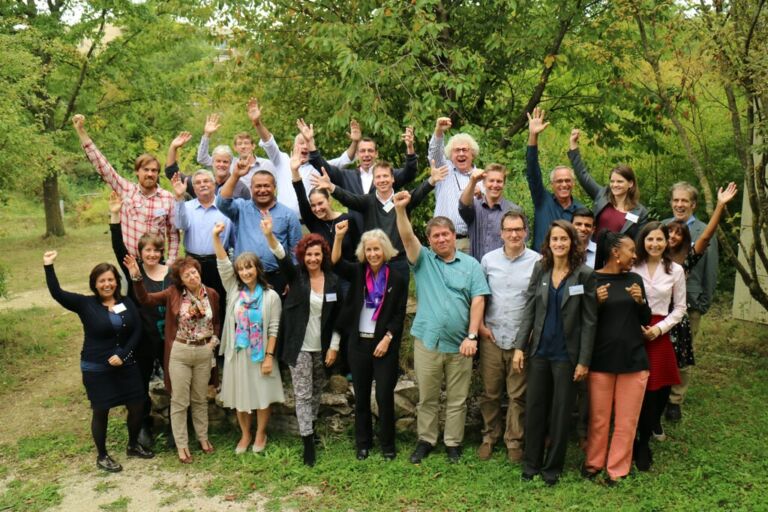
BIOPAMA team at the launch of the programme's second phase
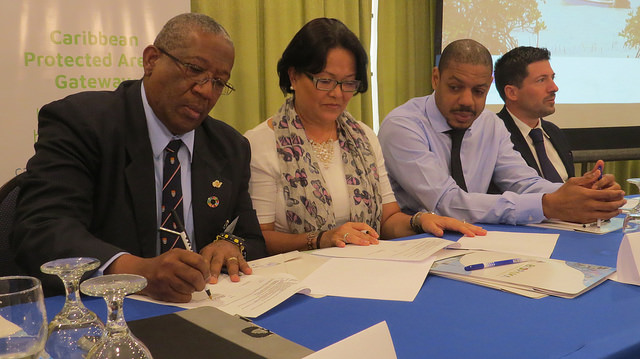
The signature of the IUCN – UWI agreement for the Caribbean Protected Areas Gateway, March 2018.
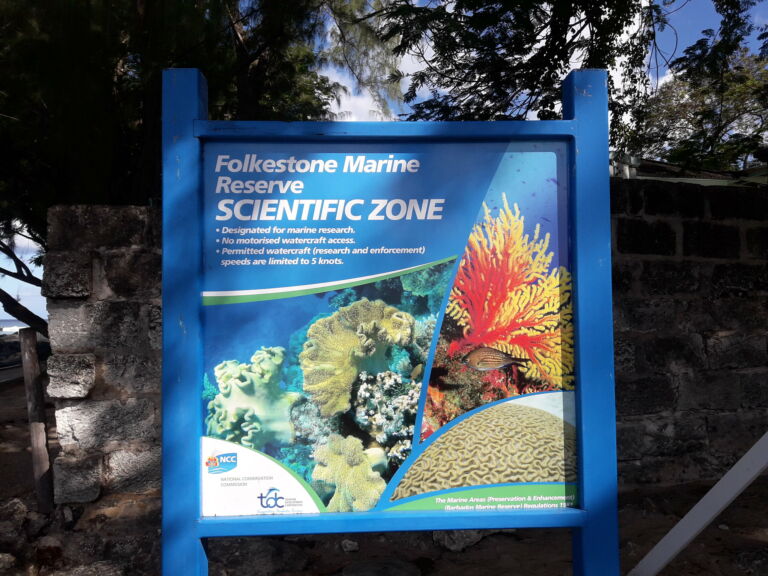
Folkestone Marine Reserve, Barbados Credit: Julian Walcott
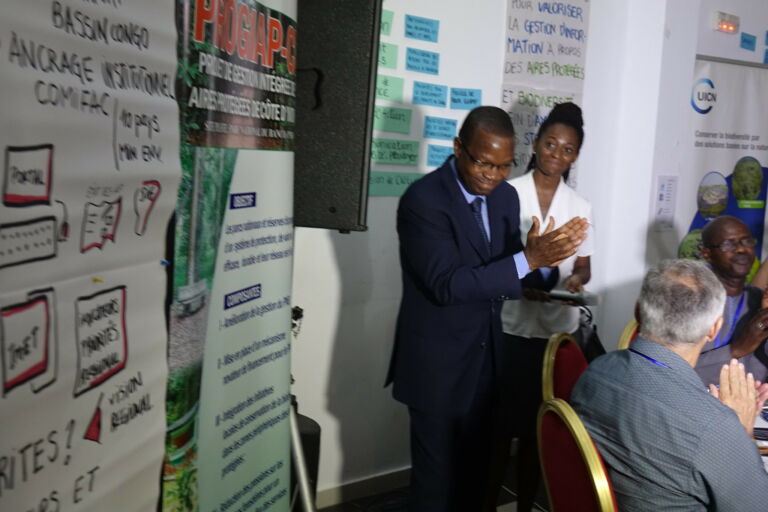
Professor Joseph Séka SEKA, Minister of Environment and Sustainable Development of Côte d'Ivoire at the BIOPAMA launch event in West Africa. Abidjan, April 2019
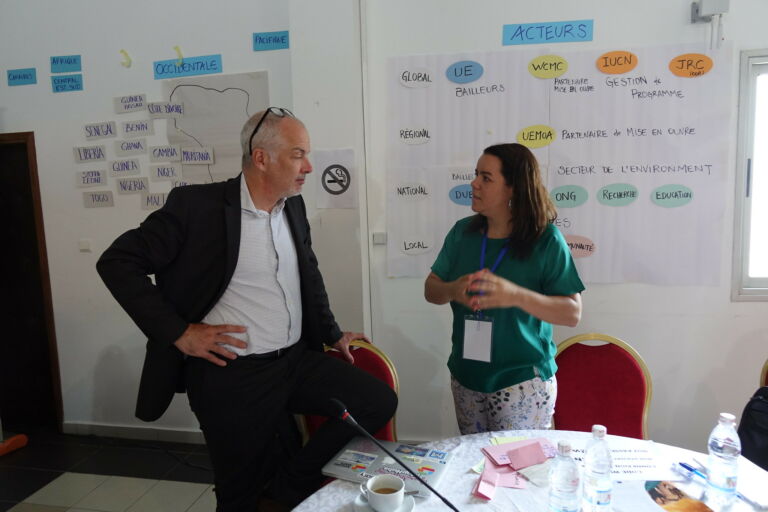
Team discussions. Abidjan, Côte d'Ivoire. April 2019
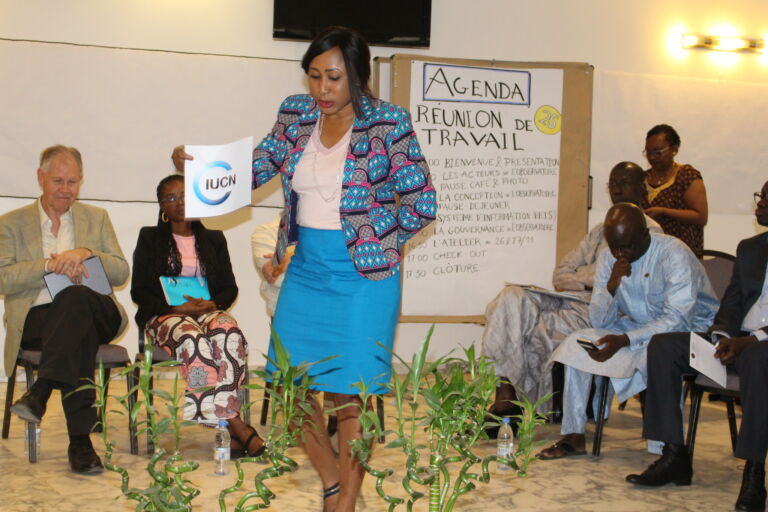
Launch of the BIOPAMA regional observatory for West Africa, Dakar Senegal, November 2019. Internal discussions
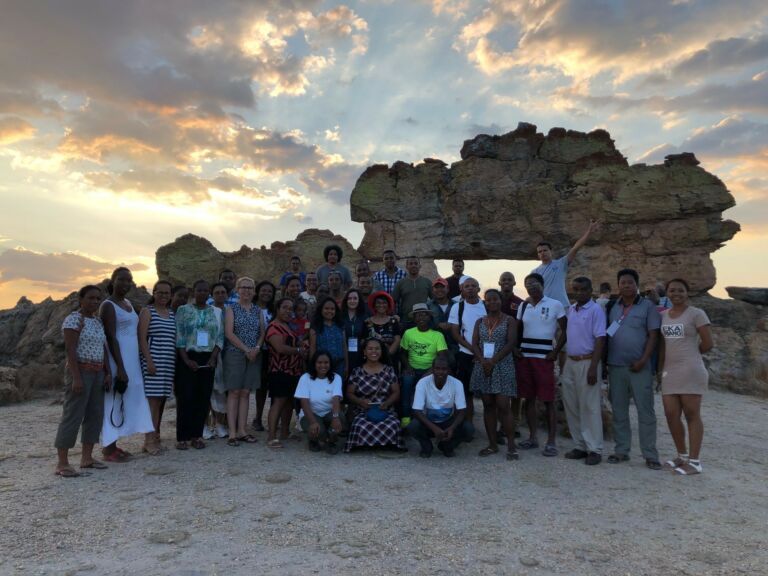
Group photo at Isalo window during the BIOPAMA Assessment tools workshop for the Indian Ocean, 2019
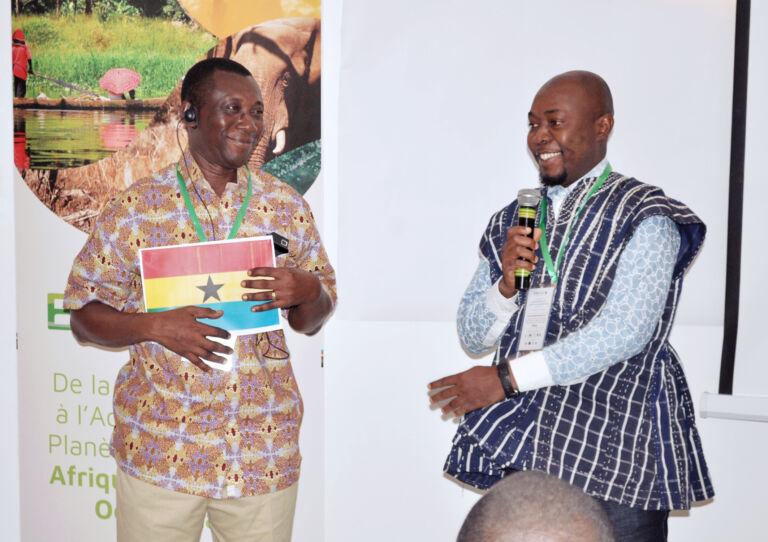
Participants introduction at the Launch of the BIOPAMA regional observatory for West Africa. 2019 Day 2 Dakar
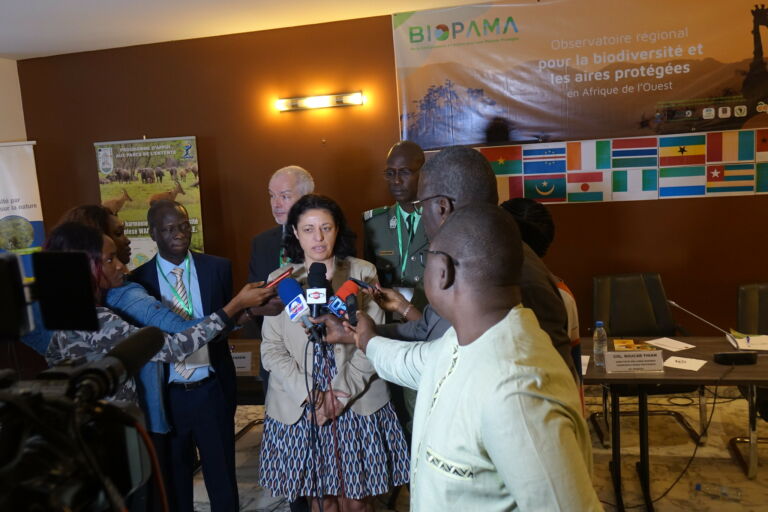
Press conference. Launch of the BIOPAMA regional observatory for West Africa. 2019
Join our Community & Contribute
Subscribe to our News
SubscribeThe BIOPAMA community on Teams is open to all who have an interest in biodiversity and protected area management, especially in the African, Caribbean and Pacific regions. Click on "Join" to be added to the BIOPAMA Community on Teams. We will bulk import the addresses in Teams mid-February 2021, and after that we will add new members on a weekly basis.


prev
